Swift action taken to provide lifeline to children with neurological condition
The anti-epilepsy drug Clobazam was first thrust into the spotlight in November when thousands of parents pleaded for legal access to the then domestically unapproved medication that could provide a lifeline for their children.
Less than a year later, the drug has again attracted widespread attention because it has not only become available in China, but is available at the world's lowest price thanks to concerted and prompt efforts from health authorities, drug developers and patient communities.
A generic version of Clobazam, produced by Yichang Humanwell Pharmaceutical based in Hubei province, gained the country's first market approval for the medication on Sept 20.
The company announced during a news briefing on Saturday that its Clobazam will be sold at 84 yuan per package that contains 28 tablets of 10 milligrams each.
"The price is the world's lowest," said Du Wentao, president of the pharmaceutical company.
"We are also planning to begin negotiations on getting our Clobazam pills onto the national medical reimbursement list from 2023, and cooperate with nonprofit funds so as to provide medical aid for financially constrained families."
Hong Zhen, president of the China Association Against Epilepsy, said during an event held last week: "The speedy market authorization for a domestically made Clobazam product resolves the critical shortage of epilepsy drugs. The approval also constitutes a milestone in China's anti-epilepsy cause and reflects the outcome of joint efforts."
Clobazam has been approved in over 100 countries and regions to treat epilepsy and is regarded as the last resort to tackle a few specific types of epilepsy that affect minors. However, the drug is listed as a second-category psychotropic drug in China, meaning that it is potentially addictive and must be strictly controlled.
As a result, a number of patients used to purchase the medication from overseas via private agencies or foreign websites. But that avenue was cut off in September last year as local customs stepped up checks on imported Clobazam and even detained sellers who brought these medications into China.
The dilemma prompted families of children with epilepsy to send out a public letter in November, asking for help to gain adequate and stable access to the lifesaving pill.
The National Health Commission replied in December, saying that it is researching the medical needs of patients and coordinating with other government departments to organize bulk procurements and imports of Clobazam.
An official guideline aimed at facilitating temporary and legitimate imports of foreign-made Clobazam for special groups was released in late June. The first prescription made possible under the new guideline was issued by Peking Union Medical College Hospital to a teenage patient in September.
"We have managed to enable legal importation of Clobazam, as well as achieve development and approval of domestic Clobazam around the same time, which have completely addressed acute needs of patients suffering the difficult-to-treat kind of epilepsy," said Zhang Shuyang, president of the hospital.








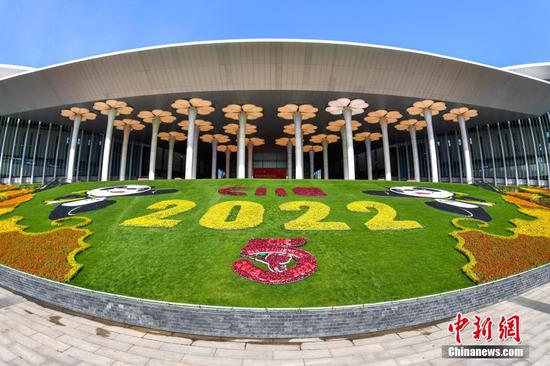

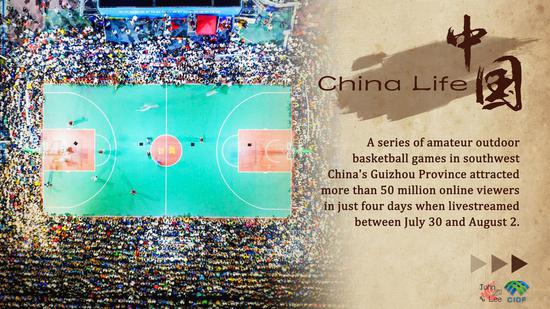


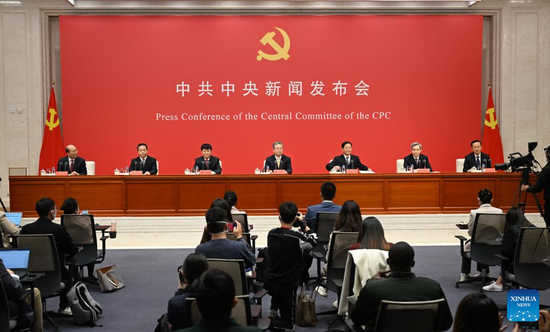




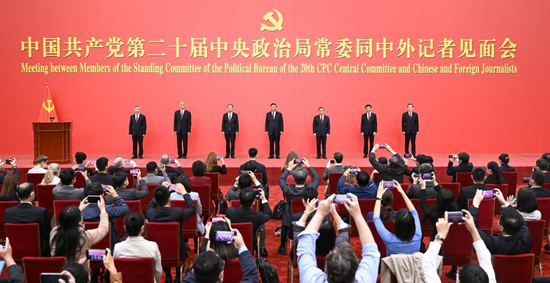




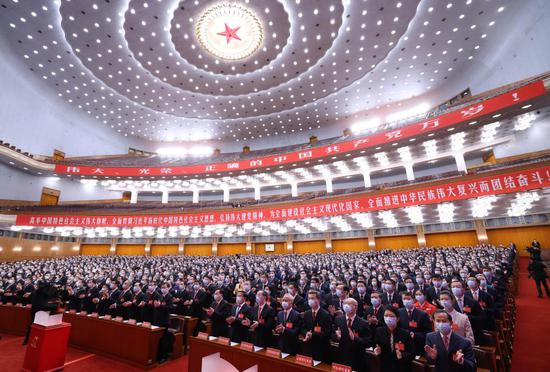
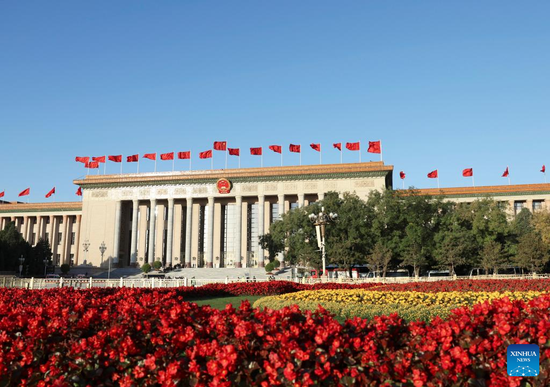
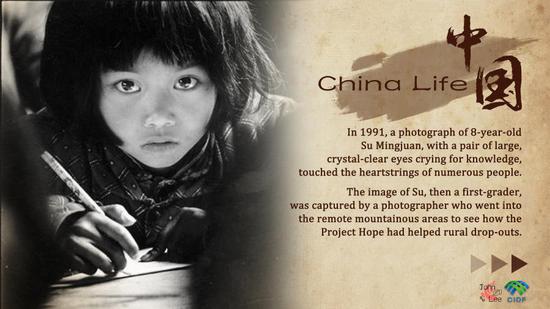
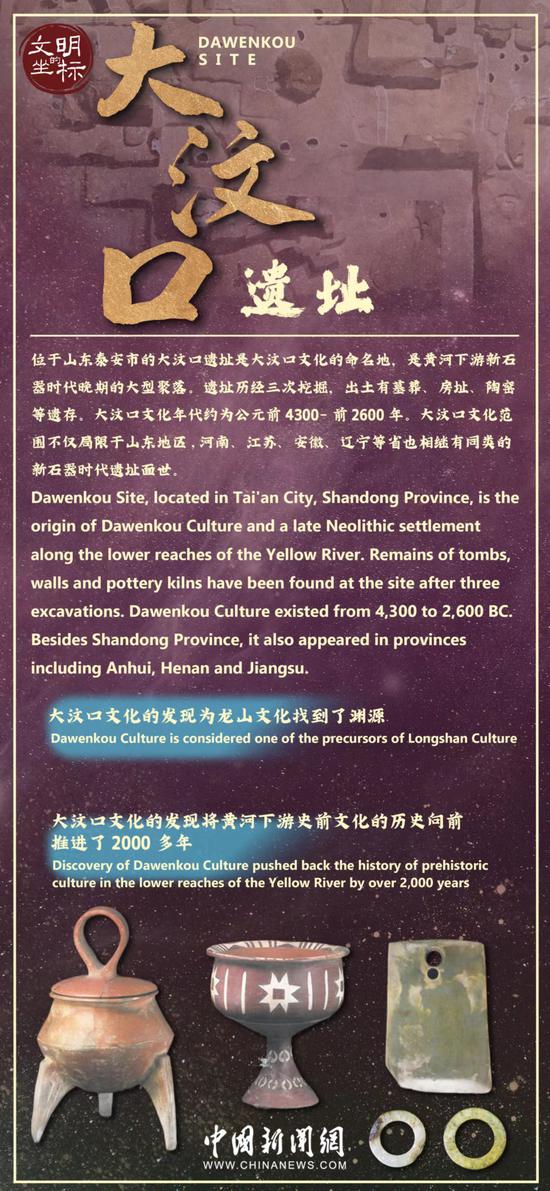





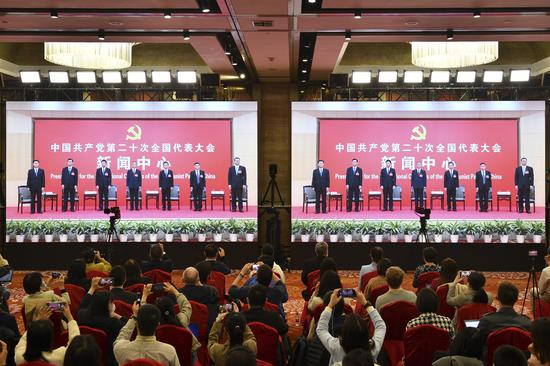







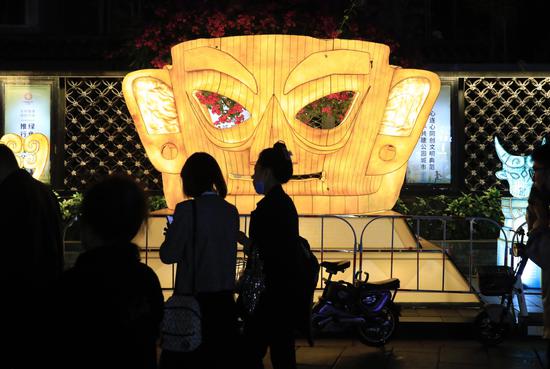


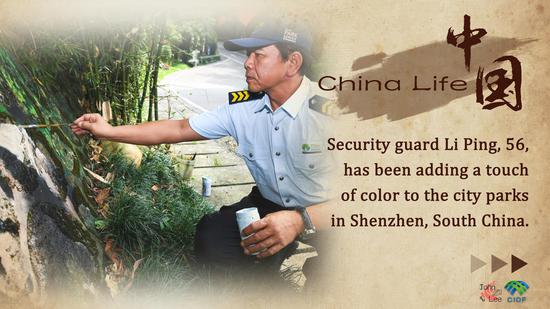






 京公网安备 11010202009201号
京公网安备 11010202009201号